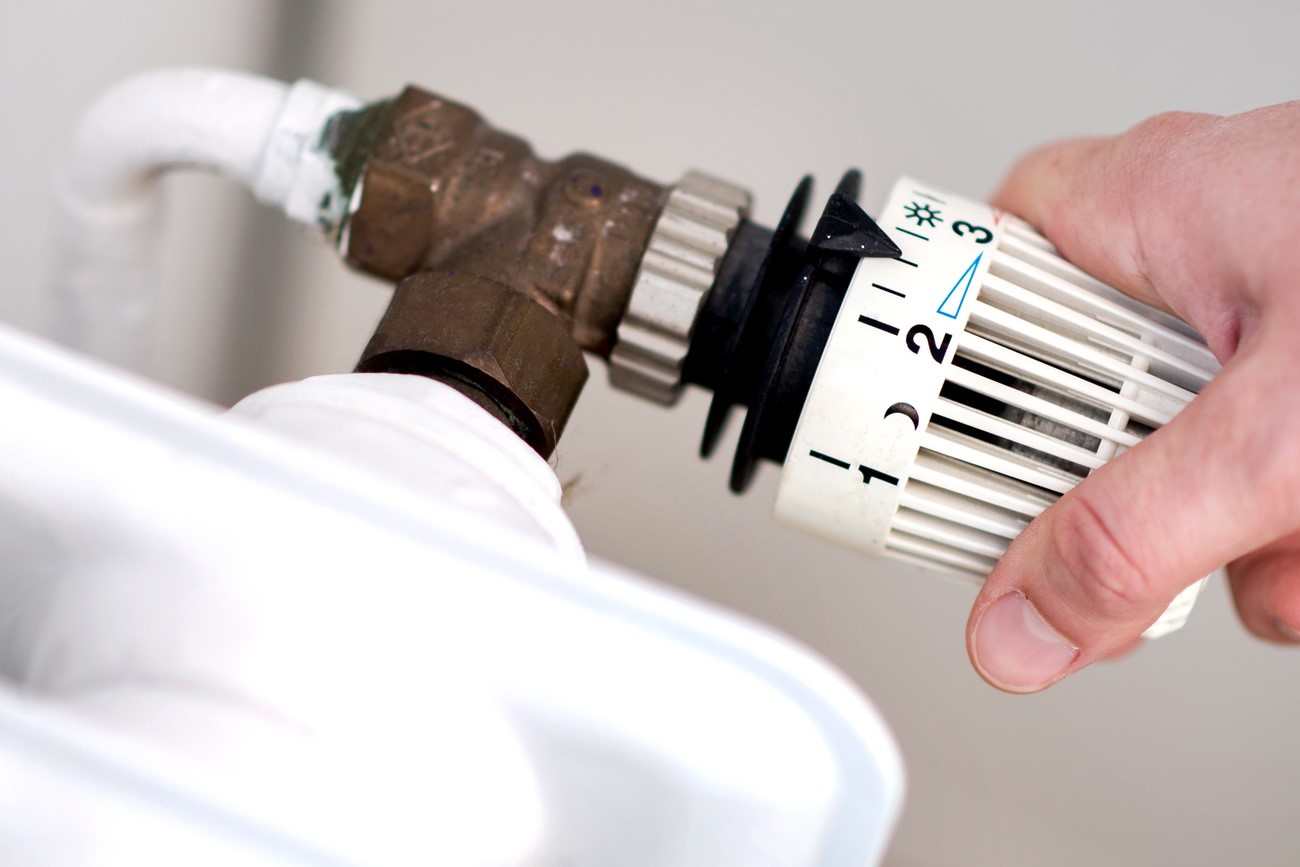
Switzerland is well prepared for winter energy crunch, says minister

Swiss Energy Minister Simonetta Sommaruga has expressed optimism that the Alpine country is sufficiently prepared to deal with any energy shortages this winter.
Switzerland is well prepared thanks to its hydropower reserves, support for the electricity sector, a national energy-savings campaign and efforts by the government and the gas sector to secure additional gas storage capacities abroad, she declared on Wednesday.
“But we must be aware that the war in Ukraine could have unpredictable consequences,” Sommaruga told the Keystone-SDA news agency.
She was attending an informal meeting of European energy ministers in Prague, the Czech Republic, on Wednesday to discuss the security of supplies.
Talks in the Czech capital made clear, however, that “winter 2023/2024 could pose an even greater challenge”, she declared, especially if gas reservoirs have to be replenished from an even lower level than at present.
“Dependence on oil and gas, especially Russian gas, must be reduced as quickly as possible,” said Sommaruga.
Over the past ten years, Switzerland has spent CHF80 billion ($80 billion) on imports of oil and gas. “If we can invest some of that money on domestic hydropower, and wind and solar energy, we will massively improve the country’s security of supply,” she added.

More
Switzerland braces for winter energy crunch
The Swiss authorities have been preparing for possible energy shortages in the coming months. In August, the government launched a campaign encouraging the population not to waste energy amid the expected energy crunch linked to reduced supplies of oil and gas from Russia in the wake of its war in Ukraine.
In August, the government also introduced a voluntary gas savings scheme in a bid to reduce demand from households and industry by 15%. Measures are in place to boost water reserves at hydropower plants and to increase gas storage facilities.

More
Explainer: how the Swiss electricity market works

In compliance with the JTI standards
More: SWI swissinfo.ch certified by the Journalism Trust Initiative




























You can find an overview of ongoing debates with our journalists here . Please join us!
If you want to start a conversation about a topic raised in this article or want to report factual errors, email us at english@swissinfo.ch.